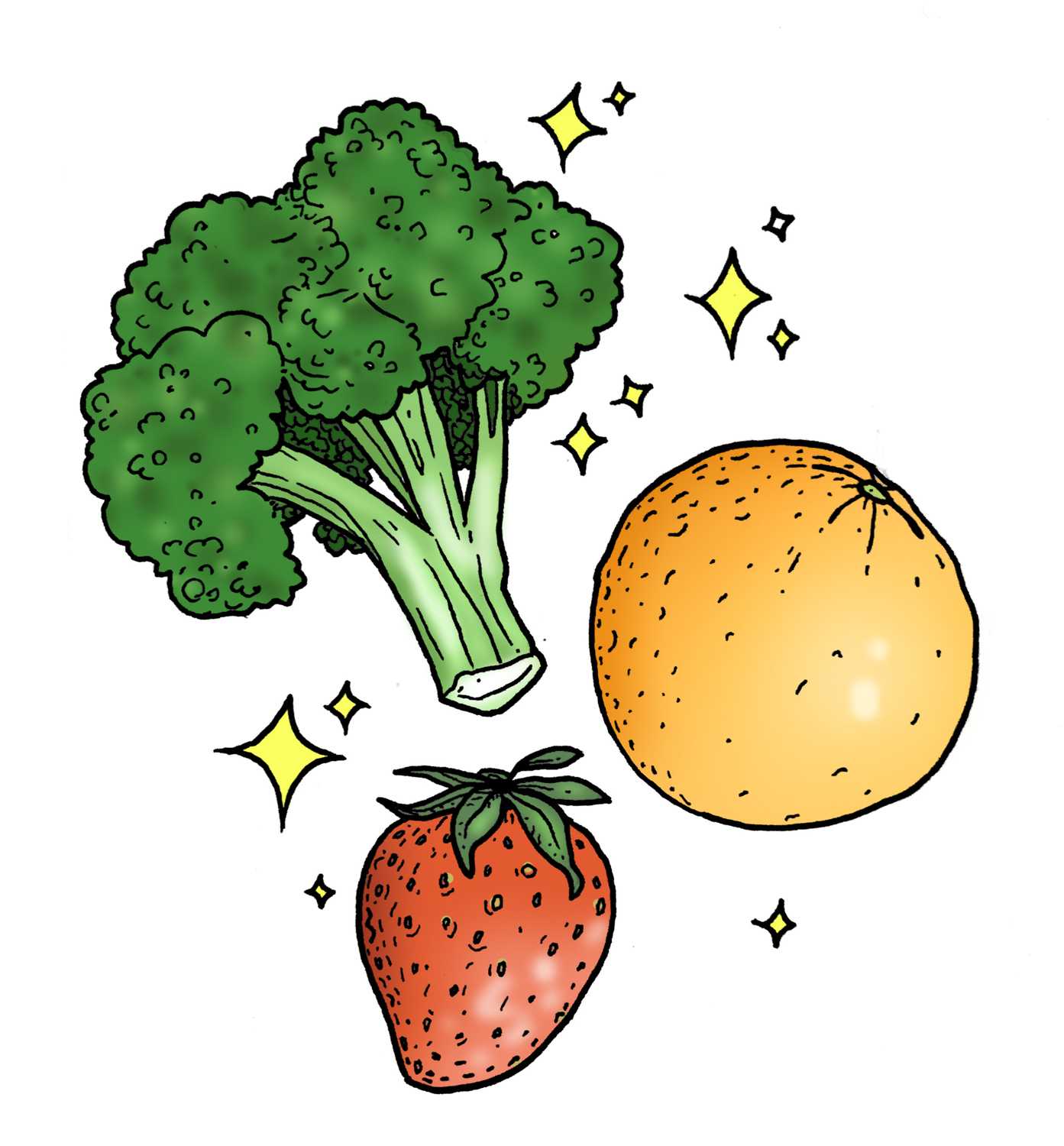Eating to help the environment


From the keto diet to the paleo diet, different dietary advice constantly circulates social media. These diets may come and go, but the idea of healthy and sustainable eating is something that has always been important. Diets such as veganism have been on the rise lately largely because the demand for plant-based foods is rising.
While the overwhelming majority of people still eat meat — only 5 percent of the American population is vegetarian and 3 percent is vegan — the benefits for both the environment and your health are undeniable.
A recent U.N. report on climate change shows we have only a couple of decades before we feel the serious effects of global warming. It’s more crucial now than ever to make environmentally conscious decisions — and those start on your plate. Eating a plant-based diet uses 26.9 percent less energy to produce, 45.1 percent less land consumption and emits 49.6 percent fewer greenhouse gases.
Even only partly following the vegan lifestyle can greatly improve health. Avoiding meats, toxic foods and making overall healthy eating choices is obviously good for the body. The effect these choices have on the environment are surprisingly just as good. For example, the whole-food focus of veganism generally means avoiding the purchase of foods packed in vast amounts of aluminum and plastic.
Even when eating a plant-based diet, there are other more conscious decisions you can make. Eating fresh produce rather than canned produce is healthier and has less of an impact on the environment, and most canned fruits and veggies have a lower nutritional value then their fresh counterparts. In contrast, all of the waste that comes from fresh foods, such as corn husks, fruit seeds and banana peels, is biodegradable.
Canned foods, on the other hand, leave behind large amounts of man-made waste — roughly 1.5 million tons per year. The empty aluminum cans pose a big threat to the environment unless recycled, but the process alone of making these cans is highly damaging to the environment. When factories produce aluminum cans, they release a greenhouse gas called perfluorocarbon into the air. According to the Environmental Literacy Council, the leading cause of perfluorocarbon emission in the country is aluminum production.
Aluminum production isn’t the only source of toxins in food production. The World Health Organization has classified processed meats as a carcinogen — the same cancer-causing category as tobacco and arsenic. Science Alert explains that eating just 1.8 ounces of red meat daily increases your risk of colon cancer by 18 percent — and the factories that produce meats give off roughly 15 percent of all global greenhouse emissions that destroy the environment.
Even if going fully vegan is not an option, there are still plenty of decisions one can make to benefit the environment. Take candy, for example, which vegans and non-vegans alike enjoy. A standard-sized Cadbury chocolate bar, according to a study by the World Resources Institute, has a carbon footprint of 3.5 grams of carbon dioxide to each gram of chocolate — nearly as high of a carbon footprint as that of meats.
Even if the plastic candy wrappers make it to the recycling bin, the plastics are far more harmful to the environment than one may think. Microplastics and chemicals bleed into our foods and water polluting everything they come in contact with.
According to the Plastic Pollution Coalition, only about 10 percent of plastic is recovered for recycling with more than 50 percent going straight to landfills. Because plastic is not biodegradable, this causes a big impact on the land. These wrappers not only pile up in landfills, but they are also likely to spill off into the ocean.
The Plastic Pollution Coalition also addresses the fact that this plastic travels from landfills into our oceans where it not only kills sea life, but ends up in the systems of fish that are then consumed by non-vegans. This, in turn, affects humans’ health when they consume these fish, which can leave them with illnesses such as Ciguatera poisoning, an illness that affects gastrointestinal, cardiovascular, neurologic and neuropsychiatric systems.
Vegan, vegetarian and any sort of healthy diet requires a little extra time and effort, but the results pay off in the long run. As students, we hardly ever have time to invest in our health and our eating habits, but small changes really do add up. Don’t go throwing away all the canned foods and processed meats in the fridge — just be sure to buy them fresh next time.
Recent Posts
Therese Pitman: Giving back to Pitt’s student-athletes with equality
Pitman is Pitt’s Director of Student Athlete Development where she helps student-athletes navigate their career…
Pitt speech and debate team heads to nationals
The William Pitt Debating Union, Pitt’s speech and debate team, sends students to both in-person…
Visuals: A Year in Review
The visuals desk had an interesting year. In the midst of the 2024 Presidential Election,…
De-stress events across campus offer students a break from studying
During finals week, departments across campus are offering wellness events to help students manage stress…
Pitt students share their summer plans
After a long and strenuous academic year, many students are excited to take a break.…
Column | Collaboration and connection make us better — yes, even in journalism
Today is the last day I will ever do this, and despite the amount of…
